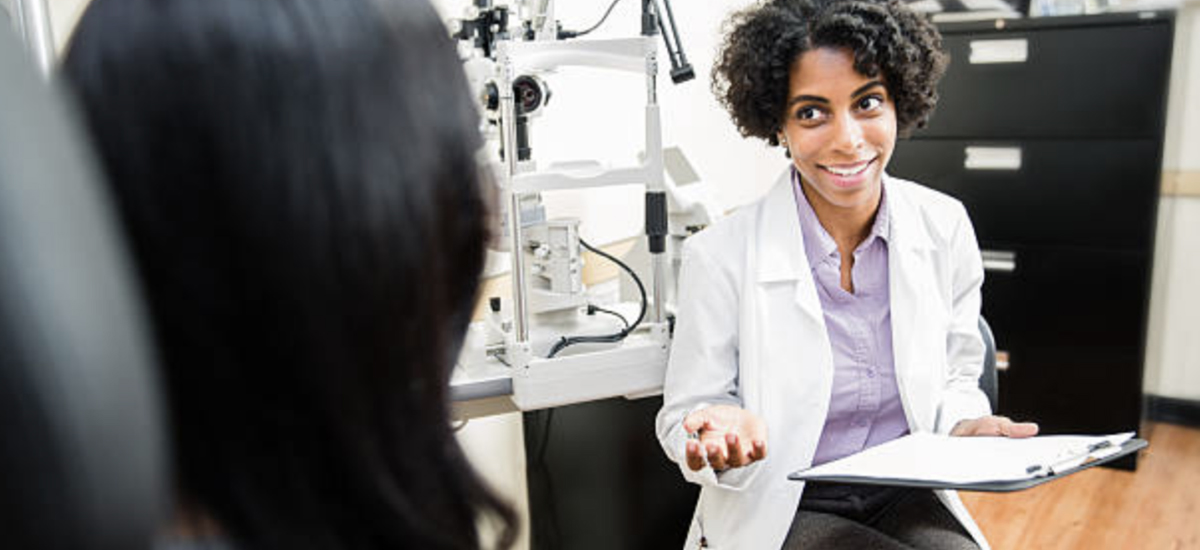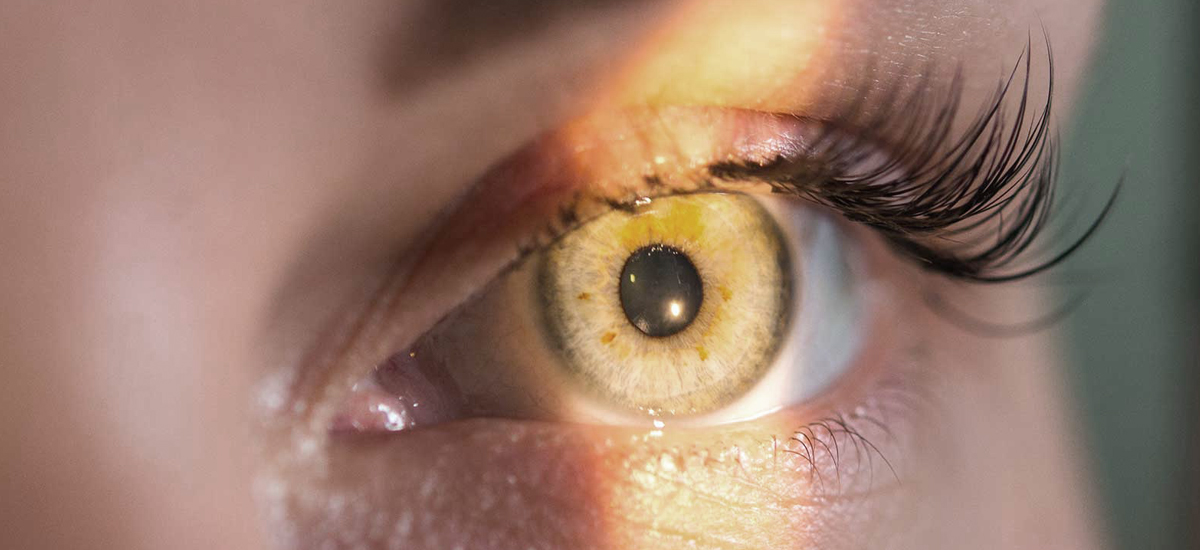When Should I See an Ophthalmologist?

Optometrists conduct most routine eye exams. They are the primary eye care professionals who can diagnose and treat concerns with your vision. And for the general public, they’re the only eye doctor you need to see.
However, if you have any issues that are beyond their expertise, that is when you should see an ophthalmologist.
Signs You Should See an Ophthalmologist
An ophthalmologist is a medical doctor who can perform surgery and work with severe eye issues, such as glaucoma. They are experts at detecting illnesses that can develop in your eyes, including diabetes and high blood pressure. And if it turns out you need treatment, they can create a plan of action that will help you feel like yourself again in no time.
So, when should you see an ophthalmologist vs. an optometrist? If you have any of the following symptoms, then a visit to the ophthalmologist is essential:
- A serious eye injury
- Bulging eyes
- Inability to see out of the sides of your eyes
- Irregular tearing in the eyes
- Lack of eye alignment
- Red eyes
- Seeing halos
These symptoms could be signs of an eye disease, so it’s necessary to see an ophthalmologist as soon as possible to begin any treatments you may need. If surgery is required, an ophthalmologist can also lead the procedure, whereas an optometrist cannot. They may even give you stronger medications to help with your eye concerns.
By working with an ophthalmologist, you can trust that you have the best eye care at your disposal. And if they detect any underlying health issues after finding symptoms in your eyes, they can send you to a specialist for further assistance.
Summary: When should I see an ophthalmologist?
An optometrist can perform vision tests, prescribe corrective lenses, and treat minor eye issues. However, if you’re wondering, ‘When should I see an ophthalmologist instead of an optometrist?’, the answer is simple. An ophthalmologist is the best eye doctor to see if you think you might have an eye disease, eye injury, or need surgery.
Some signs of needing an ophthalmologist include eye pain, loss of peripheral vision, and red eyes. An ophthalmologist is required to treat severe eye issues since they have the education, on-the-job experience, and specialized skills needed.
Finding the best eye care professional is essential to treat any eye issues you may have and prevent problems that may develop later on.
Book your eye exam at For Eyes
Have you had your annual comprehensive eye exam? Schedule an appointment with an Independent Doctor of Optometry at your local For Eyes.











